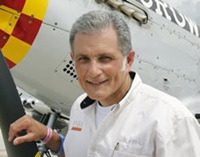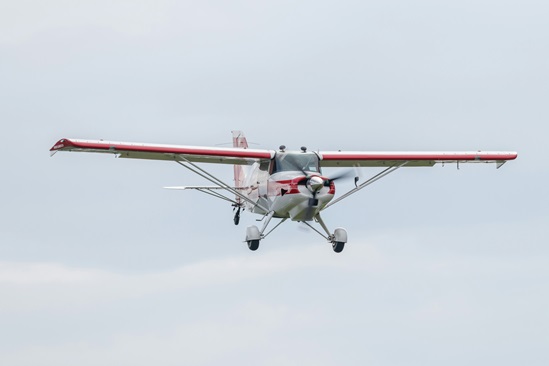
Warren Silberman
- Former Manager, FAA Aerospace Medical Certification
- Doctor of Osteopathic Medicine
- Expert in Aerospace/Preventive Medicine
- Pilot since 1986
As far as implantable defibrillators, this is a device that will send an electrical charge to the heart muscle when the heart develops a “dying heart rhythm.” These devices are inserted after someone demonstrates a condition where he or she has actually developed one of these rhythm disturbances and was resuscitated or has a heart condition that makes the person “prone” to develop a situation like the one I described. These devices are not allowed by the FAA! Generally the condition that results in a person having one of these inserted is not acceptable. Also, there is a situation where these devices can discharge spontaneously without warning. Now, I don't think you would want to be flying with someone on final approach in instrument conditions when this occurs. There have been several pilots granted medical certification whose ICD has been turned off after two or more years and they demonstrated the device did not discharge when it was “live.”
For more expert advice and professional assistance with protecting your pilot and medical certificates all year round, check out the AOPA Pilot Protection Services.
To continue reading, please log in or join AOPA now to have access to these exclusive expert resources.
The FAA allows airmen with implanted cardiac pacemakers to fly under all classes of medical certification! I am not going to get into a long medical discussion on the indications for a heart pacemaker but these devices are surgically implanted in one's heart after the person suffers some symptom that makes him or her prone to passing out or suffering some mental status changes when the person’s heart rhythm is such that the electrical impulse is not proper enough for blood to reach the brain. As of the end of 2010, there were 57 first-class, 59 second-class, and 322 third-class airmen who had been granted medical certification with a permanent pacemaker.



